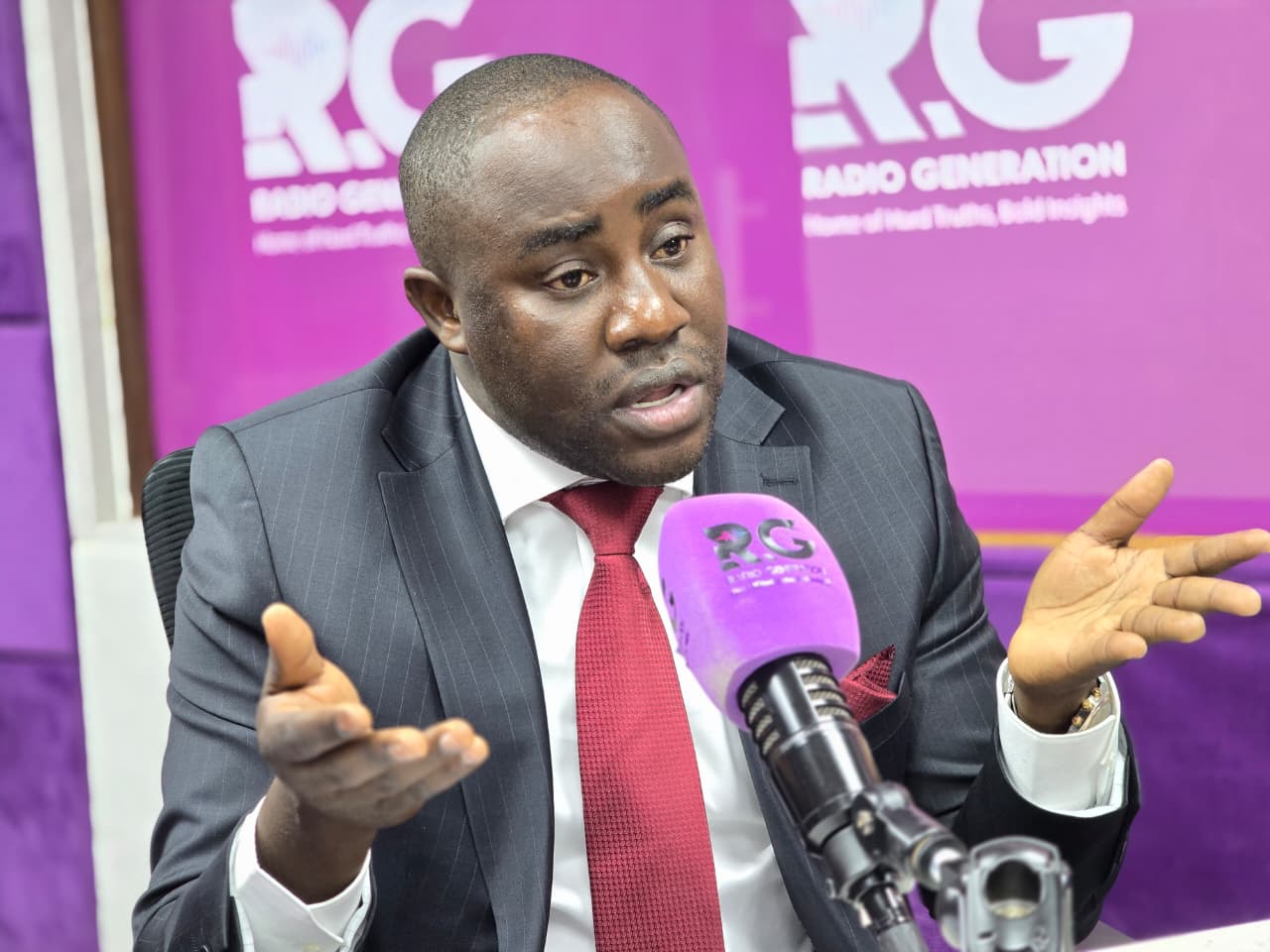The Private Security Regulatory Authority (PSRA) says Kenya has drawn key lessons from past terror attacks, placing private security officers at the center of the country’s safety system.
Director General Philip Leakey Okello said his heart goes out to families affected by the 2013 Westgate attack, which left 71 people dead and more than 200 injured.
“Acts of terrorism like what happened in 2013 are heinous crimes that we should not allow. But when they happen, all Kenyans are called upon to act,” he said during an interview at Radio Generation on Thursday.
Eight years ago, on the morning of September 21, 2013, four armed men stormed the Westgate Mall in Nairobi’s Westlands district, opening fire on shoppers and staff.
The assault triggered a four-day standoff with Kenyan forces, leaving 62 civilians, five soldiers and the attackers dead.
The militant group al-Shabaab claimed responsibility, saying it was retaliation for Kenya’s military presence in Somalia.
Okello noted that private security guards were among the first responders, helping evacuate civilians as the incident unfolded.
“I remember seeing our men in uniform pulling kids in a trolley from the supermarket. It was an unfortunate event, but we played our role,” he said, adding that security agencies later relied on information shared by guards at the scene.
Six years later, on January 15, 2019, the DusitD2 complex in Nairobi was attacked, with 21 people killed in another assault claimed by al-Shabaab.
Okello said these tragedies highlighted the importance of integrating private security into national safety systems.
He explained that the authority was established following such attacks, leading to the enactment of the Private Security Regulation Act. Under Section 45, the law mandates the authority to coordinate and cooperate with national security organs.
“There is potential for private security officers to work alongside the police and the military,” he said.
According to Okello, guards, stewards and bouncers are now trained under a standardized curriculum, with 29 licensed schools currently offering professional security training.
“If you have to serve as a guard in a building or during event management, there is training you must undergo,” he said.
The PSRA chief added that private firms are also enhancing the curriculum to suit their operations, with courses covering areas such as close protection and VIP management.
“It goes beyond muscle strength. A bodyguard must know how to prepare, plan and even do reconnaissance before the client moves to any location,” he said.
Okello emphasized that security must be seen as a shared responsibility between professionals and the public.
He urged residents to join local associations and collaborate with security agencies to enhance neighborhood safety.
“Security begins with ourselves. It doesn’t have to be a police officer or a private guard. Let us get involved because criminals live within our communities,” Okello said.
